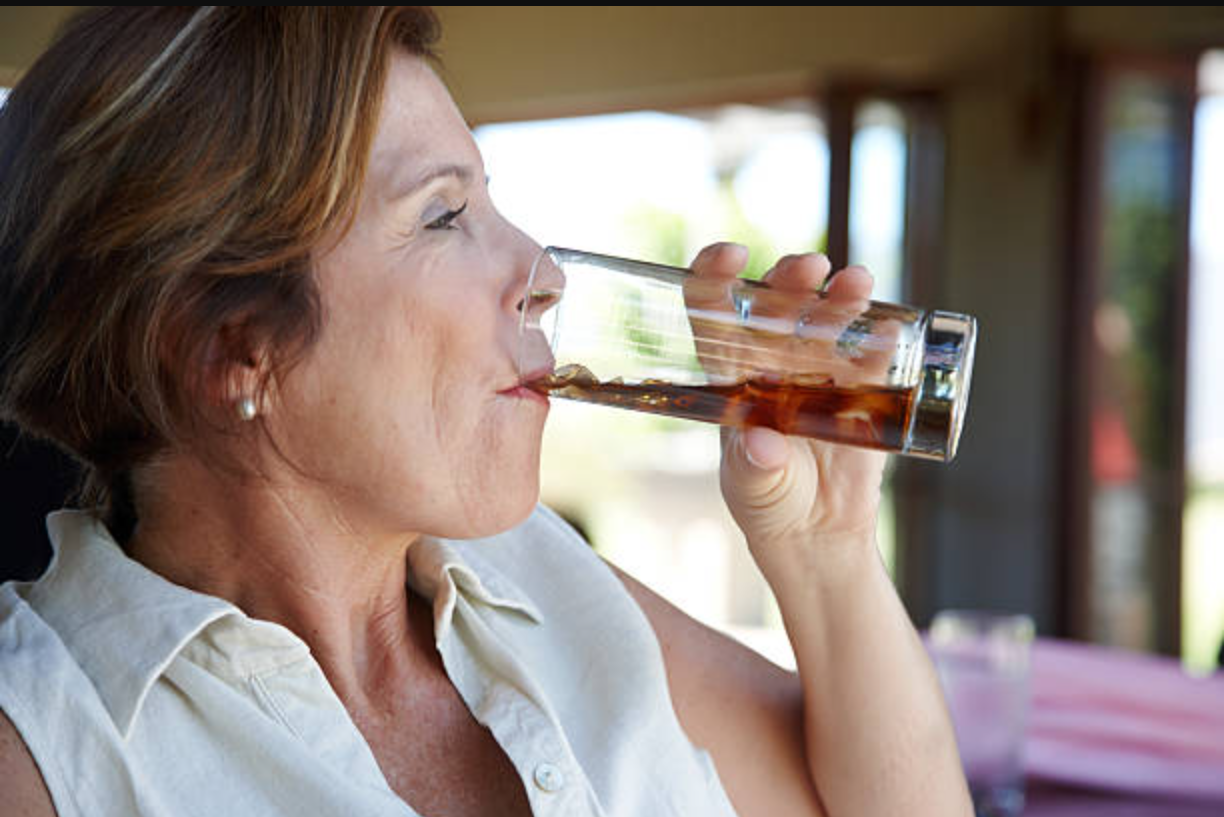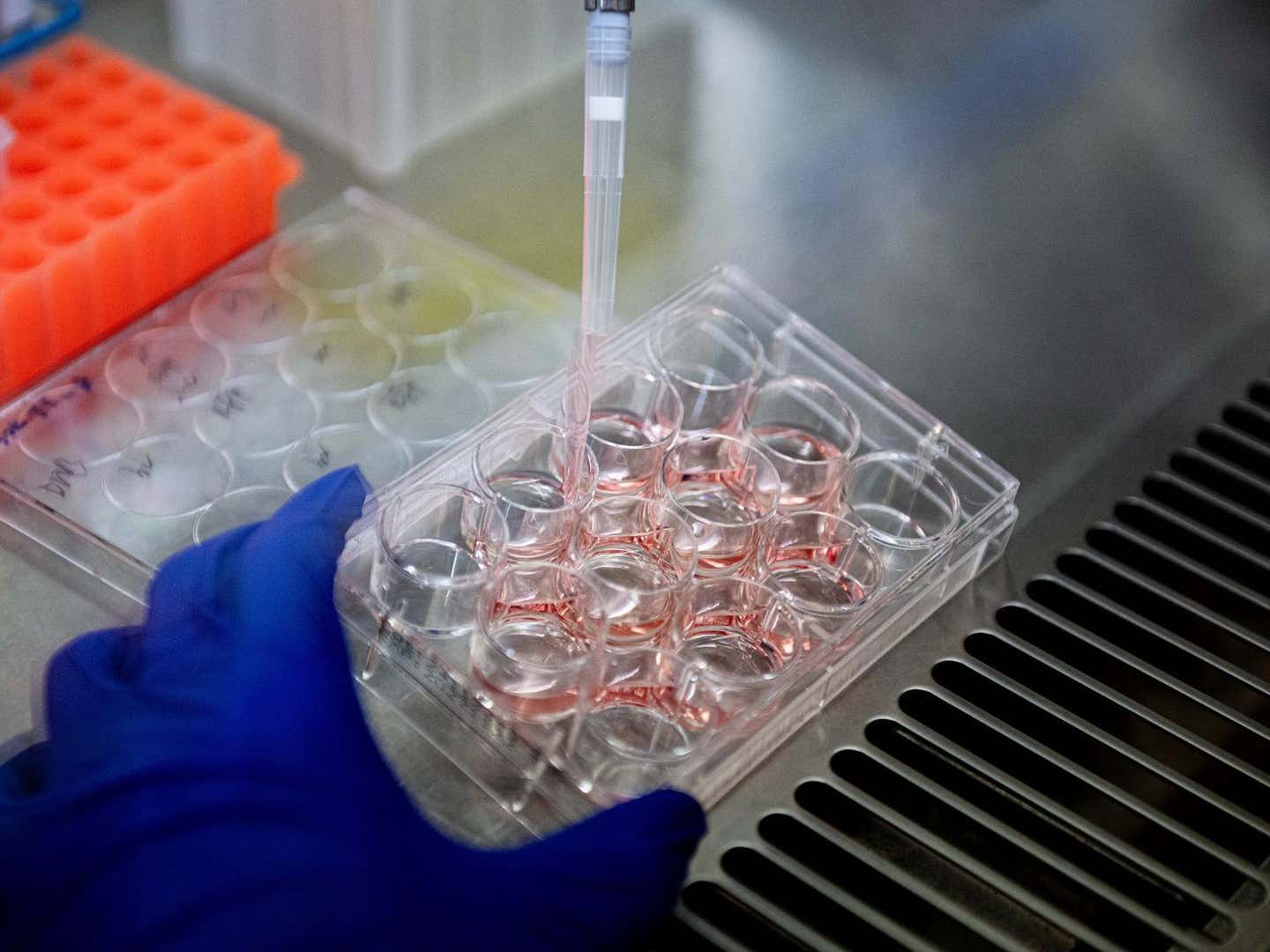Drinking sugary drinks could lead to atrial fibrillation (AFib), study finds
People who regularly drink sweetened beverages, whether artificially or with sugar, might face a higher risk of developing AFib.

People who regularly drink sweetened beverages, whether artificially or with sugar, might face a higher risk of developing AFib. (CREDIT: iStock Photos)
A new study from China suggests that individuals who regularly consume sweetened beverages, whether artificially or with sugar, might face a higher risk of developing an irregular heart rhythm.
The study, published in the AHA journal Circulation: Arrhythmia and Electrophysiology, analyzed data from the U.K. Biobank, a database containing detailed health information from half a million Britons.
The findings revealed a 20% increased risk of atrial fibrillation (AFib) among adults who consumed at least 67 fluid ounces of artificially sweetened drinks per week compared to those who consumed smaller quantities.
Graphic Abstract: Researchers aimed to investigate the associations between consumption of sugar-sweetened beverages (SSB), artificially sweetened beverages (ASB), and pure fruit juice (PJ) and risk of consumption with AF risk and further evaluate whether genetic susceptibility modifies these associations. (CREDIT: Arrhythmia and Electrophysiology)
Interestingly, the risk decreased to 10% among individuals who consumed similar amounts of sugar-sweetened beverages, while those who drank 34 ounces of pure juice per week saw an 8% lower risk.
However, the authors of the study caution that their work is observational and cannot definitively establish a causal link between sweetened drink consumption and AFib. Nonetheless, the association persisted even after considering genetic predisposition to the condition.
Lead author Ningjian Wang, from the Shanghai Ninth People's Hospital and Shanghai Jiao Tong University School of Medicine, stressed the importance of reducing or avoiding sweetened beverages whenever possible. He emphasized that while some may perceive low-sugar and low-calorie artificially sweetened drinks as healthy alternatives, they may carry potential health risks.
Related Stories
The study marks one of the first attempts to explore the relationship between AFib and sweetened beverages, which have previously been linked to conditions like Type 2 diabetes and obesity. AFib significantly increases the risk of stroke, and according to the American Heart Association (AHA), at least 12 million Americans are expected to have AFib by 2030.
Analyzing data from over 200,000 adults, the research team found that higher consumption of sweetened drinks correlated with an increased risk of AFib over a decade.
Factors such as body mass index (BMI), incidence of Type 2 diabetes, and socio-economic status influenced consumption patterns. Interestingly, sugar-sweetened and juice drinkers tended to have higher total sugar intake compared to those who consumed artificially sweetened beverages.
The study also revealed that smoking may exacerbate the risk of AFib among sugar-sweetened beverage drinkers, with smokers who consumed at least 67 ounces facing a 31% higher risk.
The association between AFib risk and various sweeteners, including sucralose and aspartame, remained consistent across different genetic profiles.
While the mechanisms underlying the link between sweetened beverages and AFib risk require further investigation, possible explanations include insulin resistance and the body's response to different sweeteners. Wang suggests that these findings could inform new prevention strategies aimed at reducing sweetened drink consumption to improve heart health.
Notably, the study did not account for caffeine content in the beverages, including energy drinks. Previous AHA recommendations advised against prolonged consumption of low-calorie sweetened beverages by children and suggested limiting sugar-sweetened drink intake for everyone.
However, artificial sweetened drinks were considered a potential replacement strategy for adults who regularly consume large quantities of sugary drinks.
Penny M. Kris-Etherton, a member of the AHA nutrition committee, expressed surprise at the study's findings, particularly regarding the association between artificial sweeteners and AFib risk.
While there's substantial evidence linking sugar-sweetened beverages to cardiovascular disease risk, the effects of artificial sweeteners remain less understood.
Kris-Etherton called for more research to confirm these findings and to better understand their implications for heart disease and other health conditions.
Until further research provides clarity, the consensus remains that water is the healthiest beverage choice, and consumption of no- and low-calorie sweetened beverages should be limited or avoided.
For more science and technology stories check out our New Discoveries section at The Brighter Side of News.
Note: Materials provided above by The Brighter Side of News. Content may be edited for style and length.
Like these kind of feel good stories? Get the Brighter Side of News' newsletter.



